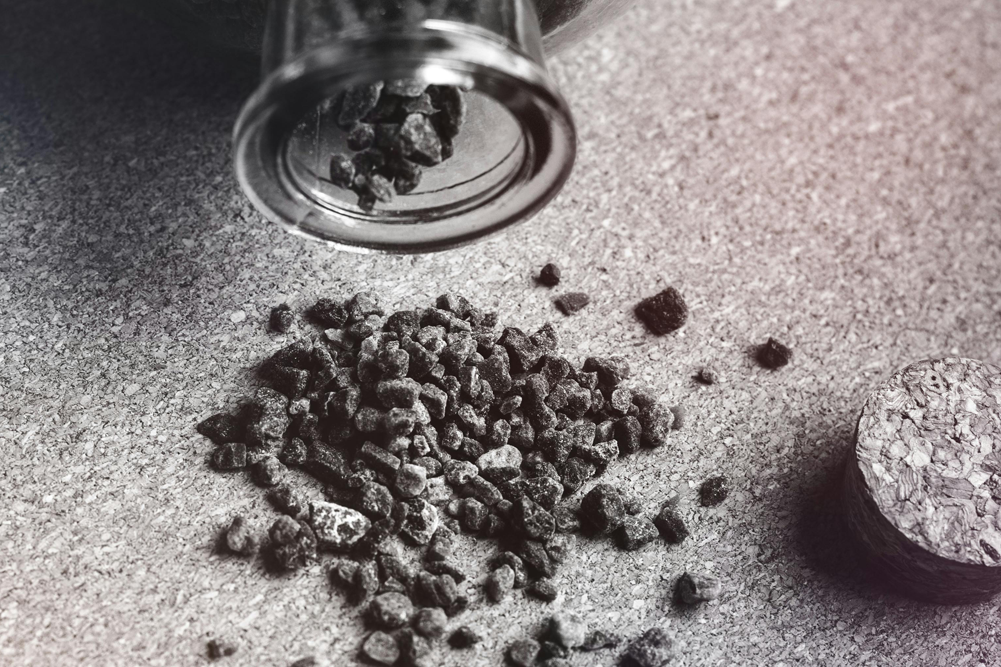Yawning is cool
It is hard to conceive that the rather undignified public exposure of your tonsils that is a “yawn†could be regarded as cool but in fact it is; well, if not cool, then certainly “coolingâ€. At least that is what the latest research into why you yawn has revealed.
The theory behind the cooling effect of yawning is that it should result from enhanced blood flow to the brain caused by stretching of the jaw, as well as heat exchange with the ambient air that accompanies the deep inhalation. So it is largely the temperature of the ambient air that would give a yawn its cooling qualities.
If all of this is true then yawning should be counterproductive and therefore happen less frequently in warmer ambient temperatures at or exceeding body temperature. In these warm air situations taking a deep inhalation of air would not promote cooling because the inhaled air has no cooling capacity. In turn this means that there should be a “thermal window†or a relatively narrow range of ambient temperatures in which to expect highest rates of yawning.
To test this researchers measured the incidence of yawning among people outdoors during the summer and winter months in Arizona. Summer conditions provided temperatures that matched or slightly exceeded body temperature (an average of 37 degrees Celsius) while winter conditions were on average 21.6 degrees Celsius.
The researchers randomly selected 160 pedestrians (80 for each season) and, because yawning is contagious, had them view images of people yawning.
The results showed a higher incidence of yawning across seasons when ambient temperatures were lower, even after statistically controlling for other features such as humidity, time spent outside and the amount of sleep the night before.
Nearly half of the people in the winter session yawned, as opposed to less than a quarter of summer participants. Additionally, yawning was related to the length of time a person spent outside exposed to the ambient air temperature. This was particularly true during the summer when the proportion of individuals yawning dropped significantly as the length of time spent outside increased prior to testing. Nearly 40 per cent of participants yawned within the first five minutes outside, but the percentage of summertime yawners dropped to less than ten per cent after that first five minutes. The reverse was found in the winter, with the proportion of people who yawned increasing for those who spent more than five minutes outdoors, although the increase was only slight.
This is the first research to show that yawning frequency varies from season to season and it supports the idea that you yawn to cool down your brain.
The implications of this research are interesting for diseases and conditions, such as multiple sclerosis or epilepsy, that are accompanied by frequent yawning and thermoregulatory dysfunction.
On a less momentous but nevertheless intriguing point; could the high levels of yawning that take place during parliamentary sittings be somehow related to hot-heads?
Meanwhile if you visit Meijer Ad that contains mostly likewise discounts with Winn Dixie Ad you surely have a range like ALDI Ad.







